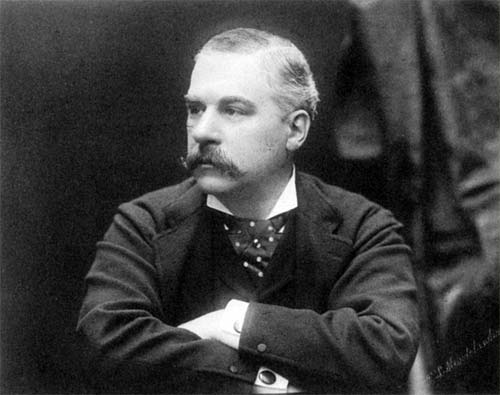In April 1912, the Titanic, a luxurious and supposedly “unsinkable” ocean liner, embarked on its maiden voyage from Southampton, England, to New York City, USA. Among the many passengers scheduled to travel on this historic voyage was the renowned American financier, J.P. Morgan.
J.P. Morgan was a prominent figure in the world of finance, known for his immense wealth and influence. He had intended to travel on the Titanic, but at the last moment, he canceled his trip and opted to stay in Europe for business matters. The exact reason for his decision remains a matter of speculation, with some suggesting health issues or the need to deal with financial matters being the possible reasons behind the cancellation.
Morgan’s decision to cancel his voyage proved to be fortuitous, as the Titanic struck an iceberg on the night of April 14, 1912, leading to a tragic and fatal sinking. More than 1,500 people lost their lives in one of the most infamous maritime disasters in history. J.P. Morgan’s last-minute change of plans spared him from the tragedy that unfolded on the Titanic’s ill-fated voyage.
